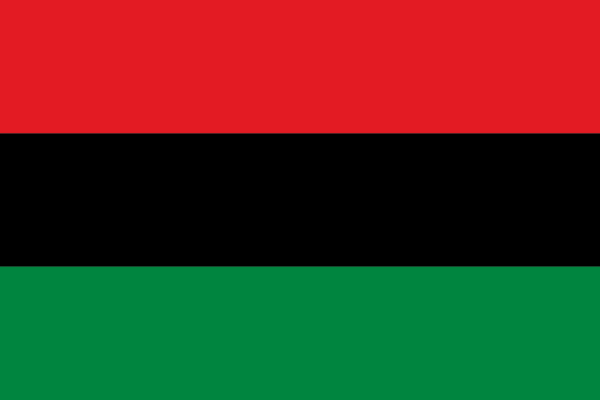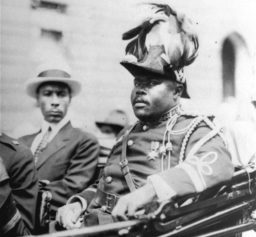
Black Radical Congress
On the afternoon of June 19, 1998, I was sitting near the registration desk at the founding conference of the Black Radical Congress. The continuations committee, which had served as the planning group for the conference, anticipated approximately 500 people attending. But as each hour passed the numbers kept growing. By the end of the conference, on Sunday, June 21, close to 3,000 people had registered and participated in all or part of the founding of the Black Radical Congress.
Fast forward. Approximately two years ago I was in a bookstore where I stumbled across a recently published book about Black radicalism. I looked to see what was said about the Black Radical Congress, an organization that by then was some 18 years old. Nothing! Not a word. I was stunned.
The Black Radical Congress was a broad coalition of activists from the Black Left who, in the aftermath of the 1995 Million Man March, concluded that there needed to be a Black radical voice in the larger political mix. The organizers and core of the BRC recognized that there has always been a current of radicalism within the Black Freedom Movement, a current that recognizes that Black freedom will necessitate a radical transformation of the United States, and that such a transformation must be in solidarity with freedom fighters around the world. It was with that in mind that we gathered in Chicago that Juneteenth weekend in 1998 to embark on a mission.
The initial success of the Black Radical Congress could be found in its breadth. There were different political tendencies operating within the same organization. Many of its activists had been at each other’s throats in the past but were now prepared to work together. As a result, BRC organizing committees were established around the nation and became the focal points for many different projects, including, but not limited to, anti-police brutality; a campaign around “education, not incarceration”; work to free Charleston, South Carolina, dockworkers locked up for protesting (the Charleston 5 case); work against the persecution of former Black Panther and current exile Assata Shakur; and direct involvement in the historic United Nations World Conference against Racism, held in South Africa in 2001.
The scope of work was remarkable, and while many of the differences within the BRC were successfully resolved, as with most new formations, there were mistakes, some of which led to splintering.
I have been struck over the years with how often I encounter activists who had been BRC members or were aware of its existence who have said, “Where is the BRC when we need it?” Although the question is rhetorical it remains very real. The BRC was not a single-issue formation or movement, and, for a time, it concentrated the work of Black radicals in a way that was making a real-world difference. That legacy should never be forgotten.
